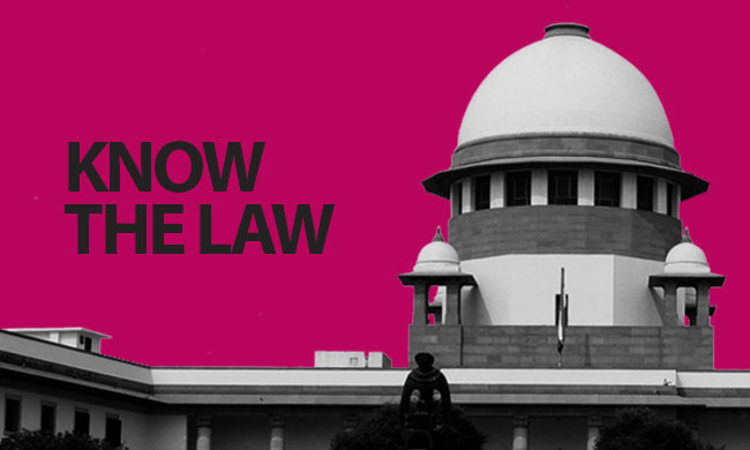Next Story
4 May 2020 9:15 AM IST
Plea Bargaining, in the most traditional and general sense, refers to a pre-trial negotiation between the defendant, who is represented by a counsel and the prosecution, during which the defendant agrees to plead guilty in exchange for certain concessions by the prosecutor. Plea Bargaining is further divided into two categories – "charge bargaining", where the negotiation is to...

